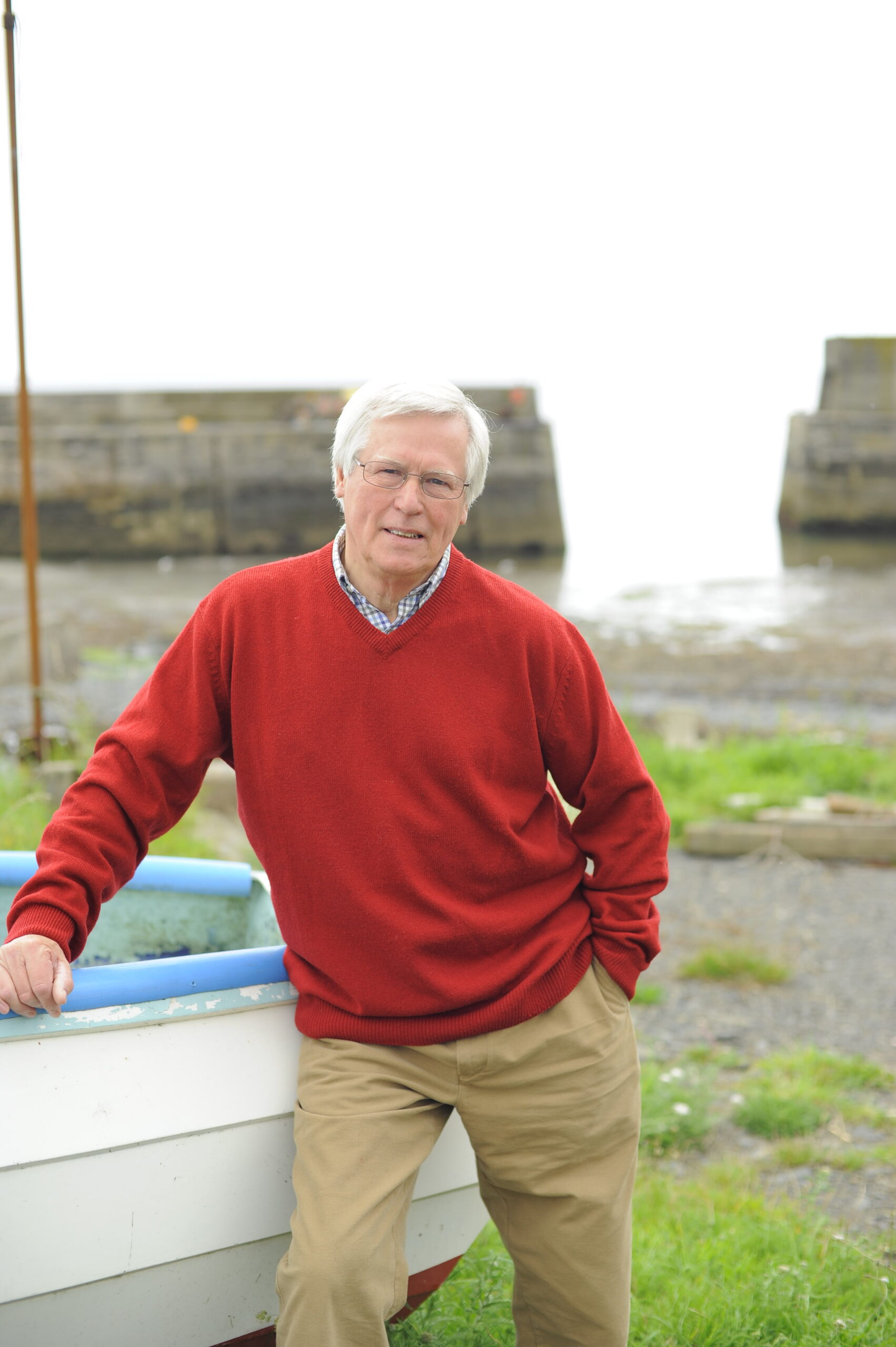Crime comes in many forms and among the latest to get its own category is ‘waste crime’. This is the illegal dumping of solid or liquid waste on land or water that costs the UK economy at least £1 billion every year – the price of a new hospital.
We’ve all seen with disgust the dreadful, dangerous eyesores that appear along country roads, lay-bys and field entrances – everything from stacks of tyres to mattresses, from building debris to garden rubbish. Often, it’s the work of unscrupulous firms or individuals who offer to clear away waste for a cut-price fee and then discard it where no CCTV cameras are watching to avoid paying landfill tax.
This type of organised crime is on the increase, as is the illegal exporting of waste, yet a recent report by MPs accuses DEFRA and the Environment Agency (EA) of making slow and piecemeal progress in tackling the “antisocial, polluting and costly impacts” of waste crime.
Figures from 2020/21 show that in England alone there were 1.13 million cases of fly-tipping a year (a rise of 16% on the previous year) and just under two-thirds involved household waste. But only around a quarter of waste crime gets reported and there is still no strategy for achieving the Government’s much-vaunted target of eliminating it by 2043.
That’s according to the powerful House of Commons cross-party public accounts committee, whose chair Dame Meg Hillier (Labour, Hackney South and Shoreditch) says: “The result is property and countryside blighted by fly-tipping, toxic leaks into our soil and tonnes of waste illegally exported by the UK to developing countries even less able to cope with its indefinite negative effects. With the growing involvement of criminal gangs, adept at evading detection, and who regard fines if they are caught as merely a business expense, a much more serious approach to enforcement is required,” adds Hillier. “Sadly, all the signs are that the problem is getting worse.”

The committee’s report raises concerns that the current cost-of-living crisis potentially “increases incentives for people to get rid of waste inappropriately”. Penalties are not proving effective – for criminal gangs only jail sentences have a real impact – and HMRC has only investigated one alleged case of landfill tax fraud, which failed, at a cost to the public of £3.5 million.
The scale of waste creation in the UK is mind-boggling: well over 200 million tonnes a year. A new digital system by DEFRA and the EA should play a key role in tracking what happens to it, but after four years of development it is still at only the pilot stage.
It was one of 14 actions outlined in the strategy to wipe out waste launched in 2018; by last year only three had been completed. Fewer crimes are being investigated, prosecutions have fallen and one of the most common official responses to most types of waste crime is a warning letter. According to the public accounts committee, the Government approach is closer to decriminalising it than to tackling it.
Not so, comes the reply from Government sources, arguing a crackdown is underway, with more measures to come. What can’t be denied is that, if we are to clean up our countryside, there is no time to waste.
Main picture: Pile of rubbish left at the side of a rural road./Credit: Getty
